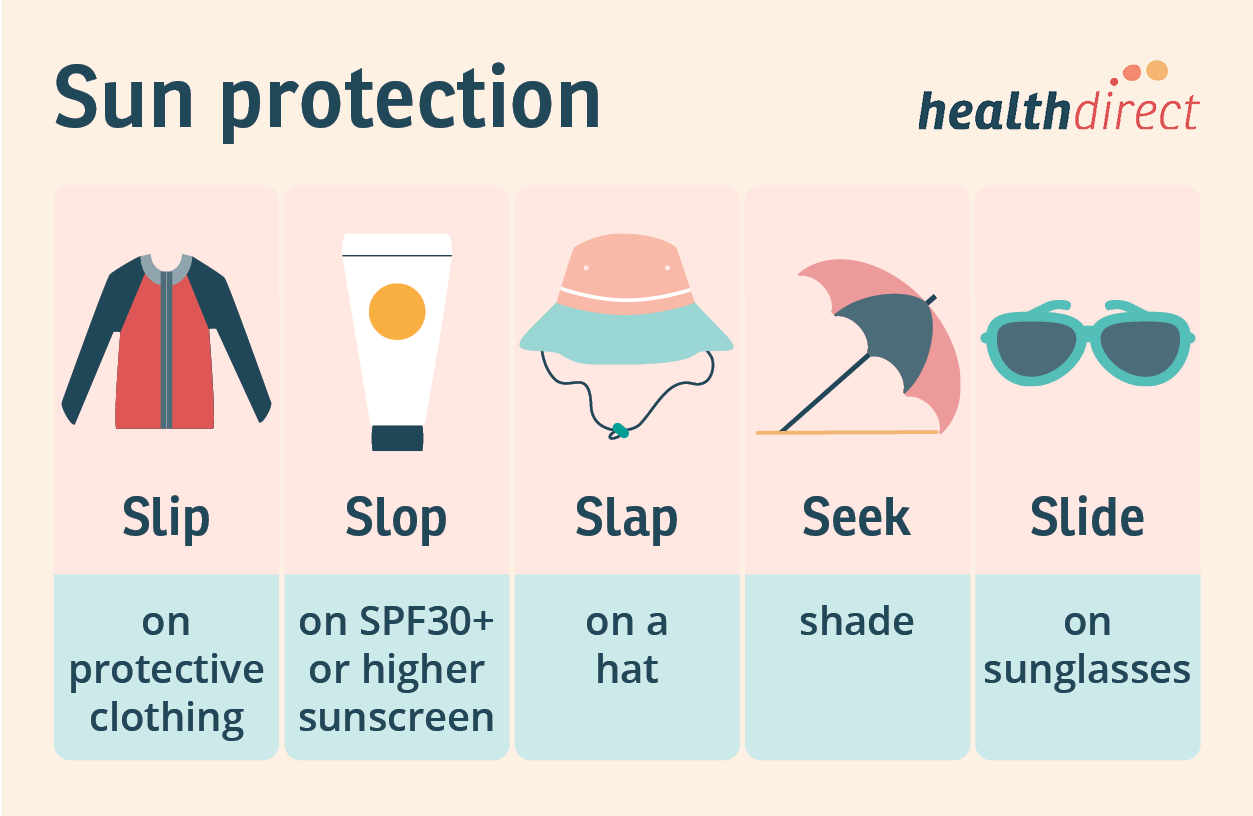April 9 (Punjab Khabarnama) : Summers have arrived and the mercury has already begun its upward climb. In the coming days, heatwave will engulf many parts of the country raising risk of health risks like heatstroke and dangerous increase in blood pressure and other such conditions. Every year many people lose their lives due to extreme heat in India. Prolonged exposure to high temperatures, not drinking enough water, and the decreased ability of our crucial organs in coping with the extreme heat, can prove to be deadly. Not only India, but many parts of the world are facing heatwave conditions due to ongoing climate crisis. Loss of excess water from the body and overheating of body can lead to serious trouble if immediate action is not taken for rehydration.
Exposure to excess heat can cause a range of health issues from increased blood sugar level, blood pressure, poor birth outcomes in pregnant women, and also mental health issues
Dr Tushar Tayal, Consultant- Internal Medicine, CK Birla Hospital, Gurugram in an interview with HT Digital explains how higher temperatures can affect the body and the mind and also lead to death in extreme scenarios.
HOW HEAT WAVE CAN CAUSE DEADLY DISEASES
1. It can raise blood sugar levels
Heatwave can be troublesome for all age groups, but it can especially prove to be deadly for elderly or people who suffer from chronic ailments on medication which can change body’s heat regulation mechanism. People with diabetes may find it difficult to control their blood glucose levels in these weather conditions.
“There has been an increase in temperature recently and this heat wave is especially detrimental for elderly. People of older age group generally suffer from chronic ailments and are on prescription medications which can alter the body’s response to heat. Diabetics especially have to be careful because high heat can negatively affect sugar levels,” says Dr Tayal.
2. It can increase blood pressure
Dehydration is another health woe that can be triggered due to rapid loss of water in the body due to sweating and less water intake. In such conditions, our stress hormones increase due to spike in blood pressure can be experienced.
“High environmental temperature causes excessive sweating and coupled with decreased water intake, a person can become dehydrated which causes the blood to become concentrated and sugars to increase. If heat exposure continues, body releases stress hormones such as cortisol and vasopressin which in turn increase blood sugar levels and can cause blood pressure to shoot up,” says the expert.
3. Low sodium and potassium levels
Two life threatening conditions that can be caused by heatwave is Hyponatremia or low sodium and Hypokalaemia or low potassium. Sodium helps regulate fluid balance in the body, and low levels can lead to cellular swelling and brain edema. Potassium is critical for maintaining normal heart rhythm and muscle function. Low levels of it can cause irregular heartbeats (arrhythmias), muscle weakness, paralysis, and respiratory failure.
Excessive environmental temperatures can also cause dehydration and electrolyte imbalance such as low sodium and potassium which can be life threatening if not corrected immediately.
4. Heart and lung health
“Hot weather means your body has to work harder to keep its core temperature to normal levels, and this puts extra strain on your heart, lungs and kidneys which can worsen an underlying heart condition,” says Dr Tayal.
“Also medicines if not stored properly can lose their potency due to heat and may become ineffective,” he adds.
Lifestyle measures to prevent heat-related illnesses
Some lifestyle measures that should be followed during summers as suggested by Dr Tayal:
- Drink at least 1.5-2 litres of water or fluids daily.
- Monitor your glucose levels regularly.
- Reduce alcohol intake as it can cause dehydration and increase blood sugars.
- Avoid too many cups of tea and coffee since they increase water loss from body.
- Reduce your intake of added sugars and processed foods.
- Exercise during cooler, less humid times of the day.
Some food items that people can include in their diet during summers are coconut water, butter milk and fresh lime water, two helpings of seasonal fruits daily such as watermelon, papaya and mangoes and citrus fruits, curd and yoghurt, green leafy vegetables and vegetable juices, cucumber, salad leaves and tomatoes.

